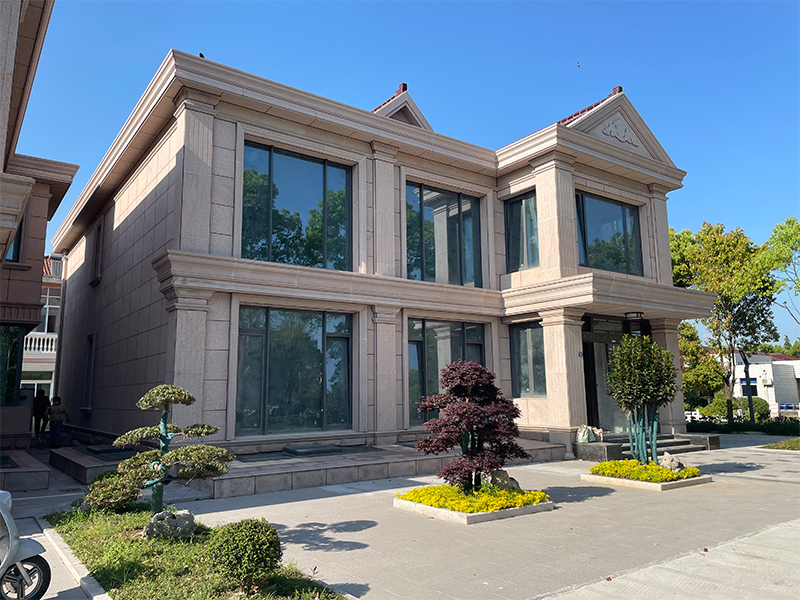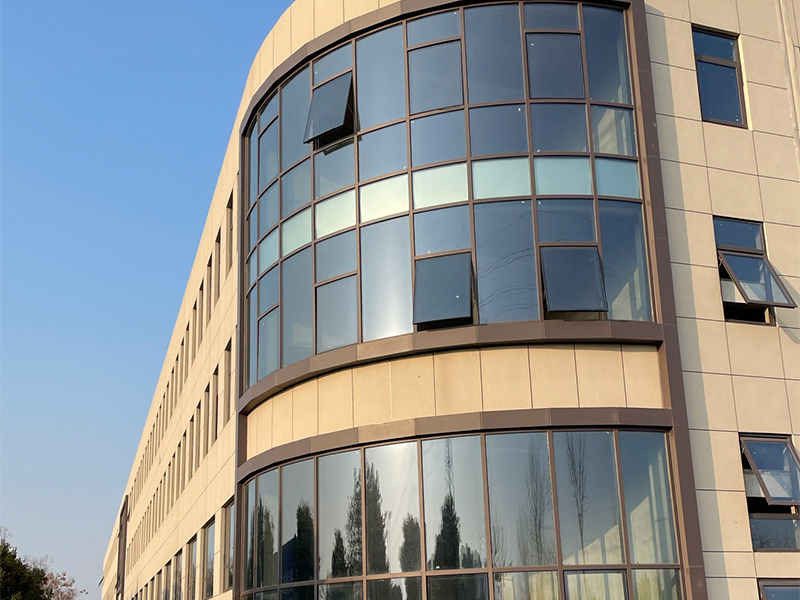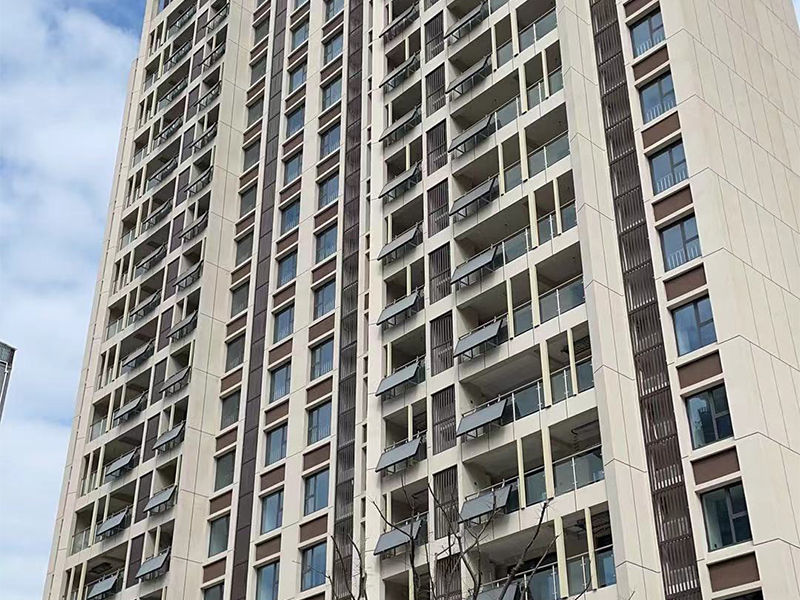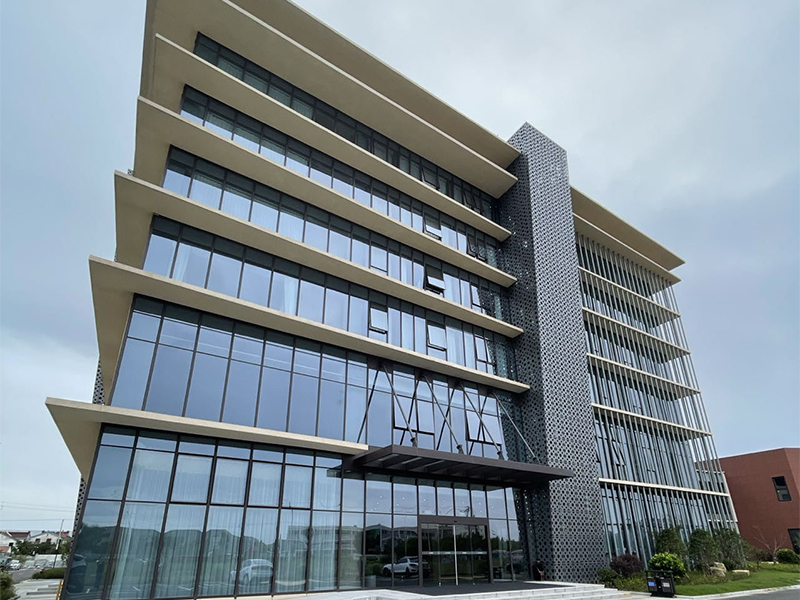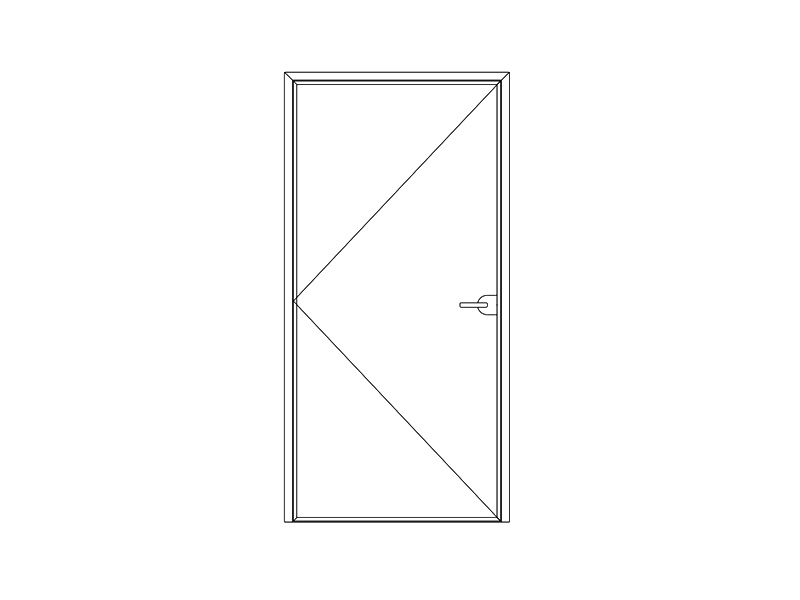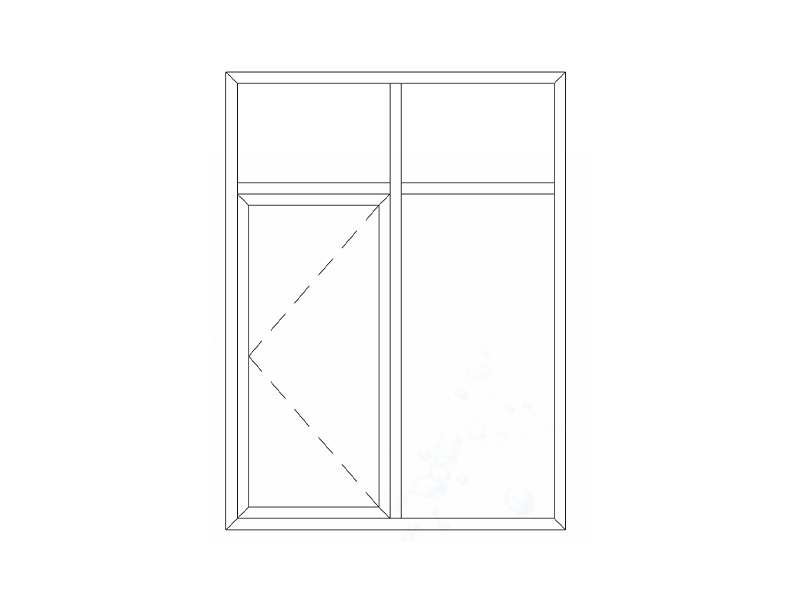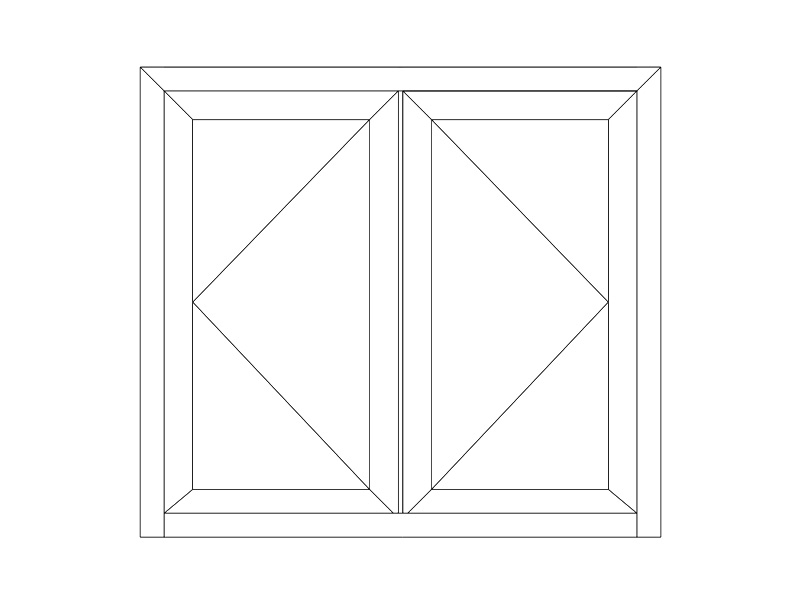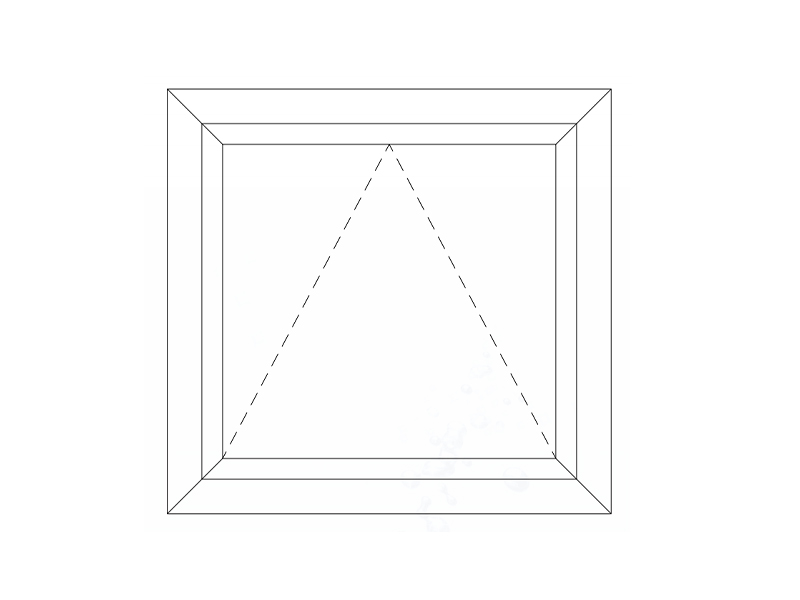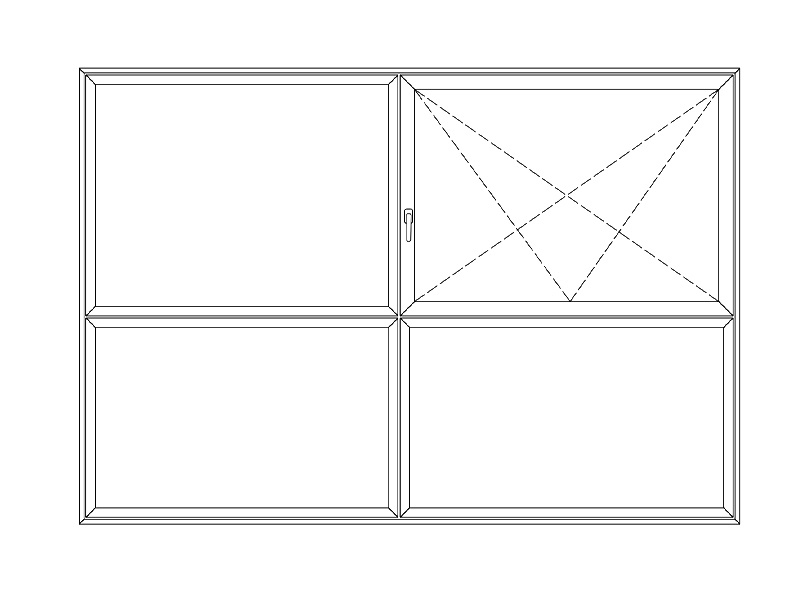As the global demand for renewable energy continues to rise, solar energy systems have become a popular solution for both residential and commercial buildings. A crucial component of any rooftop solar installation is the solar racking system, which provides structural support and optimal panel positioning. Among the various materials used for these systems, aluminum roof solar racking systems stand out for their durability, lightweight construction, and resistance to corrosion.
Why Choose Aluminum for Solar Mounting Systems?
Aluminum has become the preferred material for solar panel mounting structures, especially for rooftop installations. Unlike steel, aluminum is much lighter, making it easier and faster to install. This is particularly important for roof-mounted solar systems, where additional weight can impact structural integrity. Aluminum’s high strength-to-weight ratio ensures a stable framework without overburdening the roof.
In addition, aluminum offers excellent resistance to rust and corrosion, which is essential for systems exposed to varying weather conditions. Whether you’re installing on a flat roof, pitched roof, or metal roofing sheet, aluminum solar racking systems provide long-term reliability and minimal maintenance.
Versatility and Adaptability
Aluminum roof mounting systems are known for their versatility. They can be easily customized to fit different roofing types, including tile, shingle, and metal roofs. With adjustable components and modular designs, aluminum racking accommodates a wide range of solar panel arrays, tilt angles, and installation preferences.
From residential solar installations to large-scale commercial photovoltaic systems, aluminum racking structures offer adaptable solutions. Their modularity also makes them an excellent choice for future system expansion or reconfiguration.

Key Features of Aluminum Roof Solar Racking Systems
Lightweight Design: One of the most significant benefits of aluminum is its low weight, which simplifies handling and reduces installation time and labor costs.
Corrosion Resistance: Anodized or powder-coated aluminum structures resist degradation from moisture, salt, and UV exposure.
High Strength: Despite being light, aluminum offers excellent structural integrity to withstand wind loads, snow pressure, and seismic activity.
Easy Installation: Pre-assembled parts and intuitive mounting mechanisms speed up installation, improving project timelines.
Eco-Friendly: Aluminum is 100% recyclable, contributing to the overall sustainability of the solar power system.
Types of Aluminum Solar Mounting Systems for Roofs
Several designs are available depending on the application:
Rail-based systems: Offer a secure frame for panels using aluminum rails fixed to the roof surface.
Rail-less systems: Use fewer materials and are faster to install, ideal for simple residential setups.
Ballasted systems: Often used on flat roofs, where panels are weighed down rather than drilled into the surface.
Adjustable tilt systems: Allow for optimal panel orientation to maximize solar energy absorption.
Each of these systems benefits from the lightweight and durable nature of aluminum.

